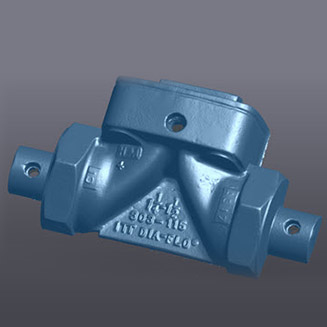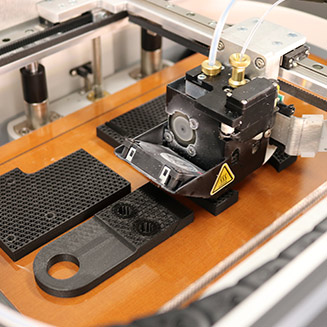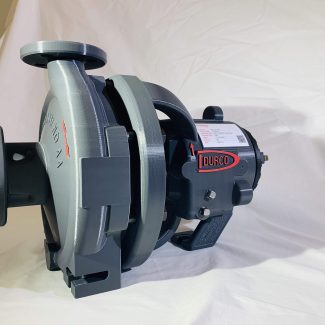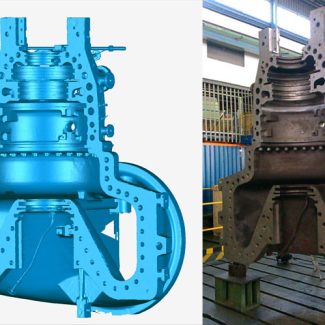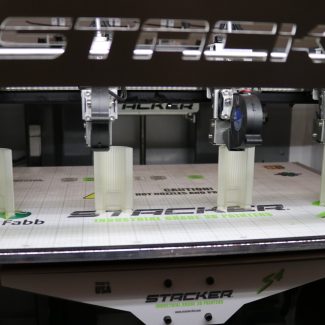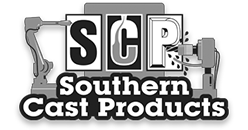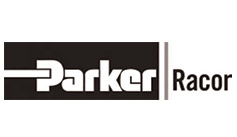Contract manufacturing plays a promising role in the automotive industry. It helps businesses optimize their production processes and alleviate costs. This strategy involves outsourcing the production of components or entire assemblies to external service providers, allowing automakers to streamline product development.
In this way, they can focus more on their core business areas like design and market strategy. The partnership between companies and contract manufacturers is valuable in fostering innovation. Here’s more information about this:
What is Contract Manufacturing?
Contract manufacturing is hiring outside companies to handle parts of production. These providers offer specialized services, including component fabrication, assembly, tooling, and product development.
In other words, this is a process where, instead of a company handling the production of their goods in-house, they hire a third party to handle it. It’s a strategic decision that can help companies be more competitive.
This is something that many industries rely on, including the automotive industry. In the automotive industry, outsourced production helps companies access the latest technologies. These include precision machine tooling, automation, and 3D printing. They are used to make high-quality parts.
Enhance Efficiency Through Specialized Expertise
One key advantage of contract manufacturing is that it brings specialists into the loop. Automotive production involves intricate processes, such as precision tooling, complex assemblies, and advanced engineering.
By partnering with professionals, automakers can use cutting-edge tech. It will boost production efficiency. This approach reduces the need for companies to buy costly machines or maintain specialized, in-house talent.
Reduce Costs and Encourage Flexibility When Scaling
In a competitive industry like automotive, cost control is essential. Contract manufacturing offers big cost savings. It lets automakers scale production as needed. It helps them to alleviate the financial burden of expanding internal manufacturing capabilities.
Instead of investing in factories or labor, automakers can use contract manufacturers. Companies can quickly adjust production volumes based on market demand. The goal, then, is to find a company that will allow for this scalability.
Accelerate Innovation with Advanced Technologies
In today’s fast-paced automotive market, innovation is non-negotiable. Contract manufacturers often use modern tech to produce prototypes with greater efficiency.
These product development capabilities enable faster turnaround times from concept to final product. By outsourcing these services, automakers can shorten product development cycles. In this way, they can bring innovative vehicle designs to market more quickly.
Simplify Resource Optimization
Contract manufacturing also frees up internal resources and allows automotive businesses to work on their core competencies. Whether you offer vehicle design, market strategy, or customer service, the strategic partners support long-term growth and operational agility.
By outsourcing manufacturing functions, automakers can prioritize innovation and market differentiation.
Offer Flexibility and Scalability
Contract manufacturing offers automotive companies critical flexibility and scalability in their production processes. It allows businesses to scale operations efficiently.
This adaptability is especially valuable in the automotive industry, where production requirements can fluctuate due to shifts in consumer demand, supply chain constraints, or new model launches.
Contract manufacturing is critical in driving innovation, efficiency, and cost savings in the automotive industry. Celero Partners can help your company do this. Get in touch to find out more information!

